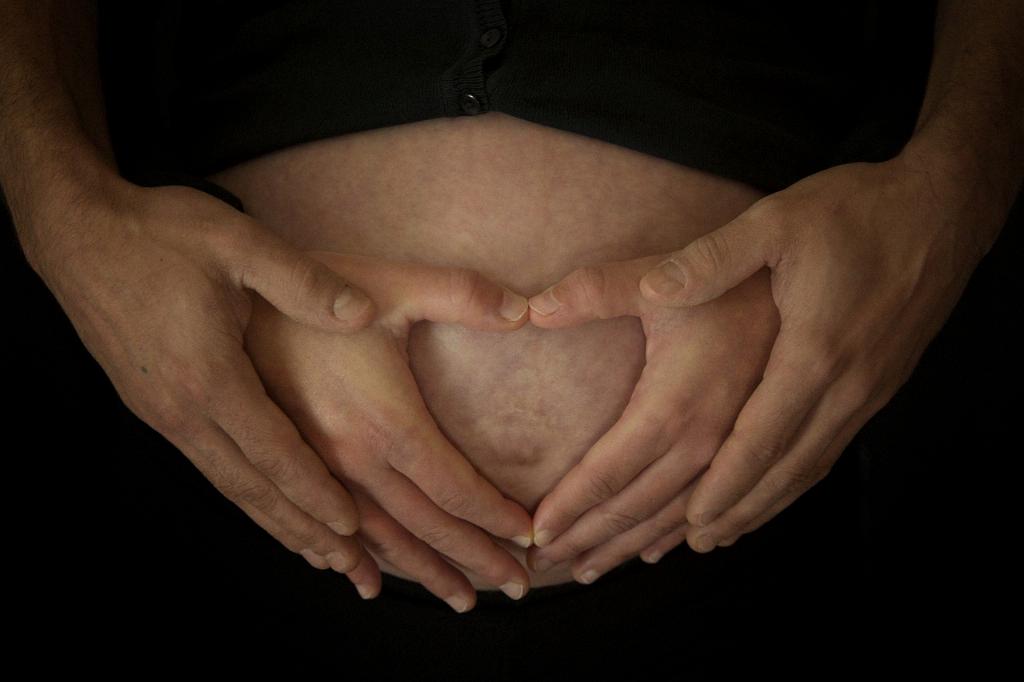During pregnancy, many women experience changes in their appetite and food cravings. One common question that arises is why some women feel hungrier when pregnant with a boy. While each pregnancy is unique, there are some theories and factors that may explain this phenomenon.
Biological Factors
One possible explanation for increased hunger during pregnancy with a boy is the biological differences associated with carrying a male fetus. Research suggests that the higher energy intake seen in women carrying boys could be linked to testosterone, a hormone produced by the fetal testicles. Testosterone is known to have an anabolic effect, potentially influencing the mother’s metabolism and appetite.
Metabolic Changes
As the body adjusts to the demands of pregnancy, metabolic changes occur to support the growth and development of the fetus. These changes can affect how energy is utilized and stored, leading to fluctuations in hunger levels. The specific needs of a male fetus may require increased calorie intake, which could contribute to feelings of increased hunger.
Hormonal Influence
Hormones play a significant role in regulating appetite and metabolism during pregnancy. The hormonal shifts that occur, particularly in relation to carrying a male fetus, can impact hunger signals sent to the brain. Hormones such as leptin and ghrelin, which are involved in appetite regulation, may be influenced by the presence of testosterone from the male fetus.
Genetic Factors
Genetic factors may also play a role in why some women feel hungrier when pregnant with a boy. Our genes can impact how our bodies respond to hormonal changes and nutrient requirements during pregnancy. Certain genetic variations related to appetite regulation and metabolism could contribute to differences in hunger levels between pregnancies with male versus female fetuses.
Psychological Factors
Psychological factors, such as stress, emotions, and cultural influences, can affect appetite and food cravings during pregnancy. The anticipation and excitement of having a boy may lead to changes in eating behaviors and preferences, influencing hunger levels. Emotional factors tied to the gender of the baby can impact how and what a woman eats during pregnancy.
Dietary Considerations
The nutritional needs of a pregnant woman are crucial for the health and development of the fetus. Carrying a male fetus may require specific nutrients and calorie intake to support optimal growth. Women may experience increased hunger as a way for the body to signal the need for additional nutrients that are essential for the development of a male fetus.
Physiological Changes
Physiological changes that occur during pregnancy can also contribute to changes in appetite. Increased blood volume, hormonal fluctuations, and changes in metabolism can influence hunger cues and eating patterns. These changes, combined with the unique demands of carrying a male fetus, may result in feelings of heightened hunger.
Individual Variations
It’s important to recognize that every pregnancy and woman’s experience is different. Factors such as pre-existing health conditions, lifestyle choices, and genetic predispositions can influence how hunger is perceived during pregnancy. Some women may naturally feel more hungry when carrying a boy, while others may not experience significant changes in appetite.
Consultation with Healthcare Providers
If you have concerns about your hunger levels during pregnancy or are experiencing extreme changes in appetite, it’s essential to consult with your healthcare provider. They can provide personalized guidance and support based on your individual circumstances and help ensure that you are meeting the nutritional needs of both yourself and your baby.
Conclusion
In conclusion, feeling hungrier during pregnancy with a boy can be influenced by a combination of biological, hormonal, genetic, psychological, dietary, physiological, and individual factors. While the exact reasons for increased hunger may vary from one woman to another, understanding these potential influences can help expectant mothers navigate and address changes in appetite during this special time.

